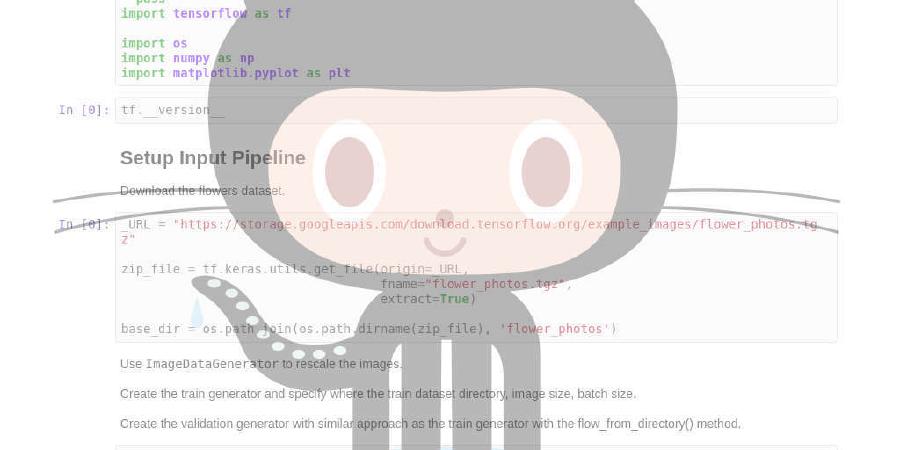rancher/k3s

Lightweight Kubernetes. 5 less than k8s.
| repo name | rancher/k3s |
| repo link | https://github.com/rancher/k3s |
| homepage | https://k3s.io |
| language | Go |
| size (curr.) | 535452 kB |
| stars (curr.) | 11795 |
| created | 2018-05-31 |
| license | Apache License 2.0 |
k3s - 5 less than k8s
Lightweight Kubernetes. Easy to install, half the memory, all in a binary less than 40mb.
Great for:
- Edge
- IoT
- CI
- ARM
- Situations where a PhD in k8s clusterology is infeasible
What is this?
k3s is intended to be a fully compliant Kubernetes distribution with the following changes:
- Removed most in-tree plugins (cloud providers and storage plugins) which can be replaced with out of tree addons.
- Add sqlite3 as the default storage mechanism. etcd3 is still available, but not the default.
- Wrapped in simple launcher that handles a lot of the complexity of TLS and options.
- Minimal to no OS dependencies (just a sane kernel and cgroup mounts needed). k3s packages required
dependencies
- containerd
- Flannel
- CoreDNS
- CNI
- Host utilities (iptables, socat, etc)
Documentation
Please see the official docs site for complete documentation on k3s.
Quick-Start - Install Script
The k3s install.sh script provides a convenient way for installing to systemd or openrc,
to install k3s as a service just run:
curl -sfL https://get.k3s.io | sh -
A kubeconfig file is written to /etc/rancher/k3s/k3s.yaml and the service is automatically started or restarted.
The install script will install k3s and additional utilities, such as kubectl, crictl, k3s-killall.sh, and k3s-uninstall.sh, for example:
sudo kubectl get nodes
K3S_TOKEN is created at /var/lib/rancher/k3s/server/node-token on your server.
To install on worker nodes we should pass K3S_URL along with
K3S_TOKEN or K3S_CLUSTER_SECRET environment variables, for example:
curl -sfL https://get.k3s.io | K3S_URL=https://myserver:6443 K3S_TOKEN=XXX sh -
Manual Download
- Download
k3sfrom latest release, x86_64, armhf, and arm64 are supported. - Run server.
sudo k3s server &
# Kubeconfig is written to /etc/rancher/k3s/k3s.yaml
sudo k3s kubectl get nodes
# On a different node run the below. NODE_TOKEN comes from
# /var/lib/rancher/k3s/server/node-token on your server
sudo k3s agent --server https://myserver:6443 --token ${NODE_TOKEN}






